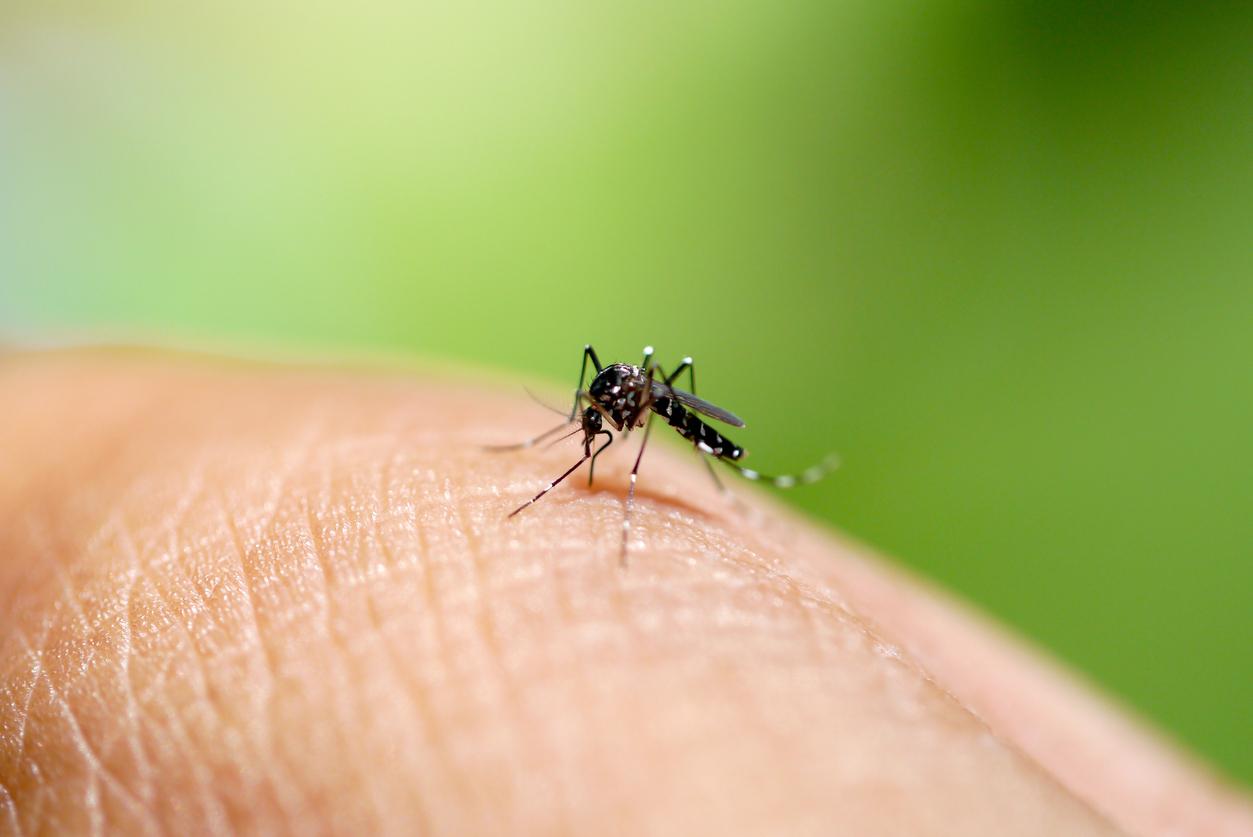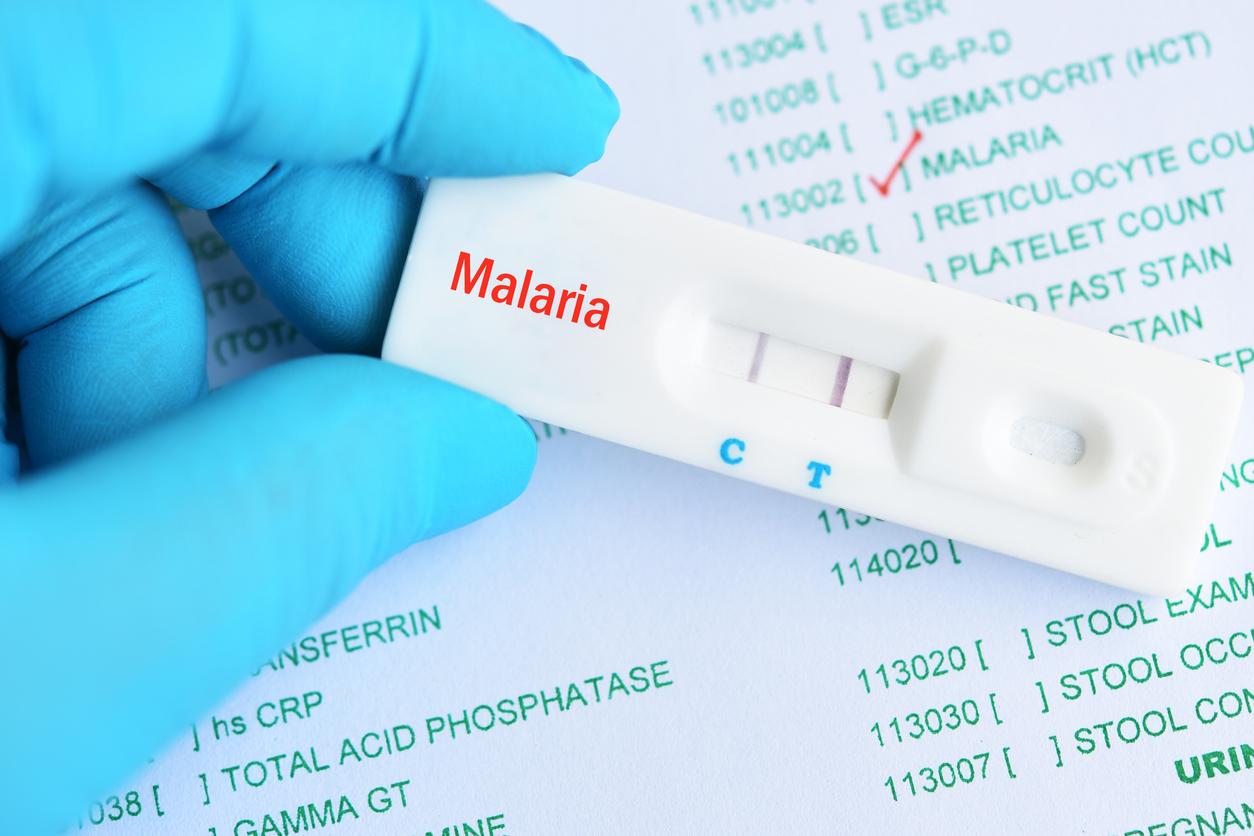Each year, 30,000 travelers contract malaria, and this figure is increasing. On the occasion of World Malaria Day this Monday, April 25, 2016, the International SOS assistance company reminds you that preparing well for your trip to an area affected by malaria helps to limit the risk of infection.
More information, fewer hospitalizations
Preparing for a trip to a high-risk area requires information on the risks associated with malaria, taking a antimalarial preventive treatment and by a protection against mosquito bites for the entire duration of the trip. According to International SOS, there is a link between malaria training and the number of hospitalizations and evacuations of international travelers. Indeed, between 2012 and 2015, “phe number of calls for information and advice on malaria increases, the more the number of assistance cases related to malaria decreasesdetails the company in a statement.Conversely, the number of hospitalizations or evacuations increases when the number of requests for information on malaria decreases.”
But according to International SOS, an Ipsos Global Advisor study reveals that only “32% of travelers inquire about the diseases present in the country of destination“. And the French still have progress to make, since only 20% are informed.”These data show an overall lack of preparation for travel and a lack of awareness among travelers of these risks. Being aware of the symptoms of malaria is crucial and having the reflex to seek medical advice in the event of symptoms is essential, even if all precautions have been taken. We are still seeing preventable traveler deaths from malaria” commented Doctor Philippe Biberson, medical director at International SOS.
3.2 billion people exposed worldwide
Reducing the contamination of travelers would limit the spread of the disease and better contain it. Currently, according to the World Health Organization (WHO), 3.2 billion people worldwide are at risk of malaria, mostly in sub-Saharan Africa, Southeast Asia and South America. 214 million cases including nearly 500,000 fatalities were recorded in 2015.”Strengthening prevention and control measures have reduced malaria mortality rates by more than 60% globally since 2000“, notes the WHO.
>> To read also:
Malaria: boost for the first vaccine
An app to diagnose malaria
Malaria: a Chinese plant to overcome the disease
Malaria, tuberculosis: the threat of fake drugs
















